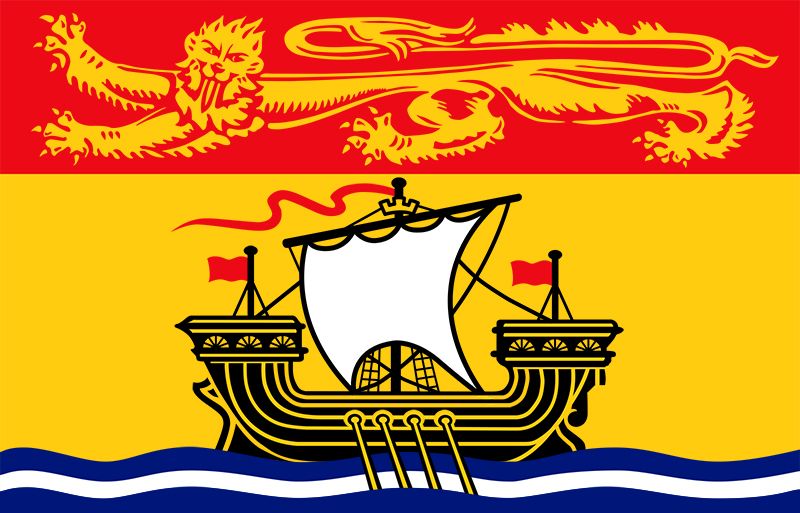

- In 2005, BC held a referendum with 57.69% in favour of a PR electoral system known as Single Transferable Vote (STV). No change whatsoever occurred.
- For electoral reform, referendums aren’t appropriate anyway.
- I do think BC can “cry” about the continued harms of FPP. FPP is mathematically inferior to PR, so the problem is multi factored: a) referendums are an inappropriate tool for electoral reform, b) disinformation campaigns and fearmongering have dissuaded citizens.













So what’s your point? That apathy means that we should not improve our democracy?